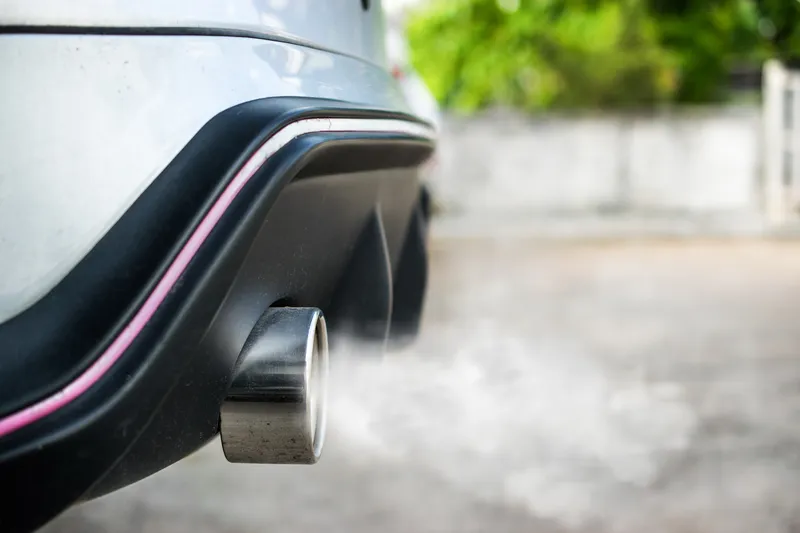The Energy Technologies Institute (ETI) has published a new report in which it highlights affordable measures and technologies that could be taken to reduce the fuel consumption and carbon emissions from shipping.
The International Maritime Organisation has stated that maritime emissions could rise by up to 250 per cent by 2050 compared to 2011 levels unless action is taken.
According to ETI, eliminating fossil-fuels for shipping does not appear credible in the next few decades; it believes the best
January 24, 2017
Read time: 2 mins
The Energy Technologies Institute (ETI) has published a new report in which it highlights affordable measures and technologies that could be taken to reduce the fuel consumption and carbon emissions from shipping.
The2127 International Maritime Organisation has stated that maritime emissions could rise by up to 250 per cent by 2050 compared to 2011 levels unless action is taken.
According to ETI, eliminating fossil-fuels for shipping does not appear credible in the next few decades; it believes the best potential to achieve substantial CO2 reduction is through reducing fuel consumption.
The report, HDV Marine Insights, analyses the UK shipping fleet, the potential opportunities for ship owners and operators and identifies the most promising technologies that could reduce fuel consumption economically. It states that a 30 per cent fleet fuel consumption reduction can be achieved by using a combination of technologies with an economic payback of around two years.
ETI intends to fund development opportunities in flettner rotors (which harness wind to propel a ship), waste heat recovery and high efficiency propulsion systems.
An earlier project in the ETI’s Heavy Duty Vehicle Marine programme undertaken with Rolls-Royce and UCL produced a validated, full-scale shipping model that focused on vessels involved in the UK fleet activity. This model is central to understanding ship trading, technology and the potential for emissions reductions and improvements in fuel consumption.
However, because introducing new technology is challenging, costly and risky, it needs to be demonstrated to give investors and the diverse range of stakeholders in the shipping industry confidence. The ETI is pursuing a series of at-sea demonstrations of new technologies over the next three years.
The
According to ETI, eliminating fossil-fuels for shipping does not appear credible in the next few decades; it believes the best potential to achieve substantial CO2 reduction is through reducing fuel consumption.
The report, HDV Marine Insights, analyses the UK shipping fleet, the potential opportunities for ship owners and operators and identifies the most promising technologies that could reduce fuel consumption economically. It states that a 30 per cent fleet fuel consumption reduction can be achieved by using a combination of technologies with an economic payback of around two years.
ETI intends to fund development opportunities in flettner rotors (which harness wind to propel a ship), waste heat recovery and high efficiency propulsion systems.
An earlier project in the ETI’s Heavy Duty Vehicle Marine programme undertaken with Rolls-Royce and UCL produced a validated, full-scale shipping model that focused on vessels involved in the UK fleet activity. This model is central to understanding ship trading, technology and the potential for emissions reductions and improvements in fuel consumption.
However, because introducing new technology is challenging, costly and risky, it needs to be demonstrated to give investors and the diverse range of stakeholders in the shipping industry confidence. The ETI is pursuing a series of at-sea demonstrations of new technologies over the next three years.







